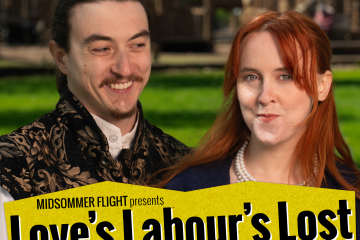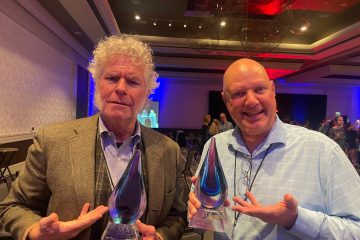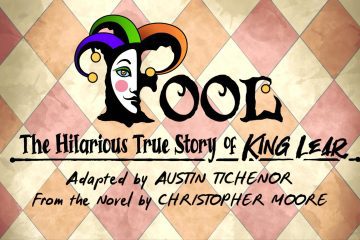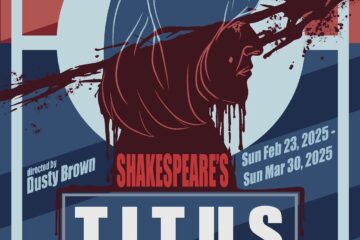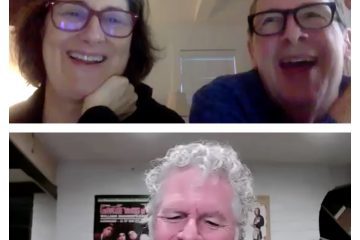Preparing For Coriolanus
Host Austin Tichenor returns to Chicago’s Back Room Shakespeare Project to perform in their production of William Shakespeare’s Coriolanus on June 16, 2025 at the Hideout, and he discusses with the show’s captain and first mate Sam Pearson and Gage Wallace how this cast and crew came together to embody the Project’s ethos of “Serious actors. No director. One rehearsal. In a bar.” Building on co-founder Samuel Taylor’s notion these productions are “bad ideas,” Gage and Sam reveal the core values that guide every Project production; how modern bars most resemble Shakespeare’s original rowdy playhouses; how “youthful arrogance” is just another word for “incredible generosity;” and how audiences continue to flock to BRSP productions because they know their presence is not simply important, it’s required. (Length 20:20) (Logo art by Collin Quinn Rice.)
Podcast: Download (Duration: 20:20 — 23.4MB)

